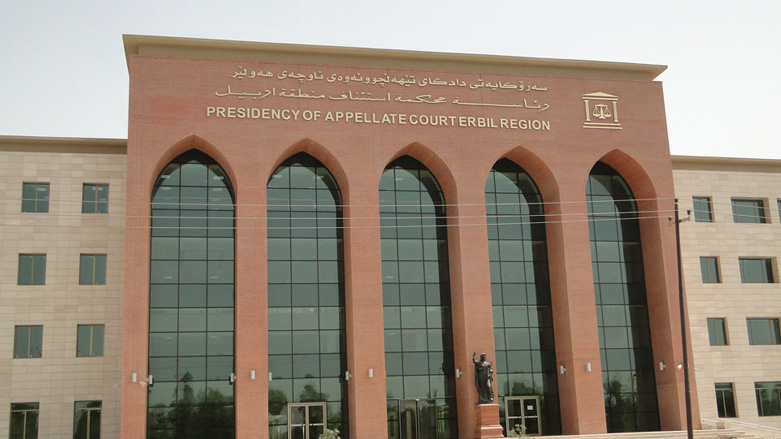KRG responds to EU and UNAMI statements on Erbil appellate court's decision

ERBIL (Kurdistan 24) – The Kurdistan Regional Government's Office of the Coordinator for International Advocacy on Thursday responded to the latest statements by the United Nations and European Union Mission in the Kurdistan Region with regards to a recent appellate court decision on five detainees.
Follow-up Statement on EU Mission and UNAMI on the Decision of the Criminal Court of Erbil
On February 16, 2021, the Criminal Court of Erbil sentenced five detainees to six years each in jail. After the legal papers were subjected to appeal, the Appellate Court of Erbil upheld the decision of the Criminal Court on May 6, leaving a space for a final court appeal. On June 27, the highest judiciary filter upheld the decision.
KRG has flourished with bedrock values that are essential for consolidating coherent democratic institutions, a thriving civil society, and efficient legislation and policy-making strategies that strictly adhere to rule of law and the preservation of essential freedoms.
The court is independent of the government and apolitical.
The Kurdistan Regional Government does not and will not interfere with legal processes. We call on the foreign and domestic entities to respect the court's decisions and heed the impartiality of the judicial process.
The Criminal Court transferred the case papers of these five persons to the Appellate Court, which retained the discretion to reverse or alter the convictions inferred by other courts. The Appellate Court has now upheld the decision of the Criminal Court in two judicial stages. The rulings of the Appellate Court are binding.
KRG believes that free media is important for its own sake and is an essential element in a well-functioning democracy. KRG has a vibrant media, and Kurdistan has long been recognized as a regional exemplar of freedom of expression and freedom of the media.
KRG has requested United Nations Assistance Mission for Iraq (UNAMI) and United Nations Office of the High Commissioner for Human Rights (OHCHR) to assist further strengthen the legal system. The KRG is working with the foreign counterparts to train local judges.
The KRG has a longstanding agreement with the International Committee of the Red Cross granting ICRC representatives’ unrestricted access without advance notice to any place of detention in Kurdistan, and has recently offered the same access to UN human rights officials. Under this arrangement UNAMI has made 14 visits to detention facilities and interviewed 60 prisoners.
We have also invited European Union member states to support legal and judicial reforms in Kurdistan. Furthermore, senior government ministers have been holding consultations with local advocacy groups, to address concerns regarding media freedoms and rights.
Since its establishment, KRG has embarked on a mission to consolidate a well-functioning democratic system, and to flourish with standardized calibers of human rights and good governance.